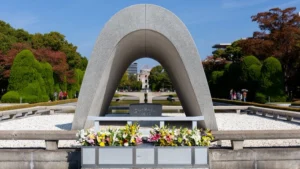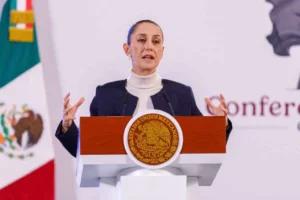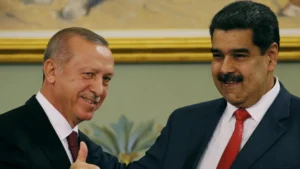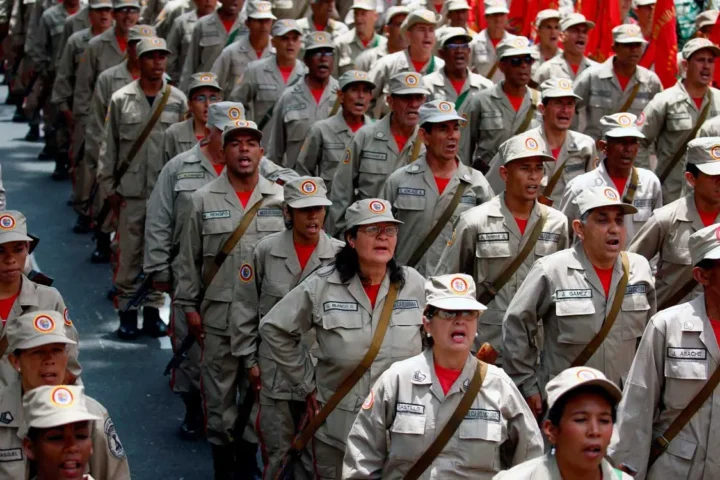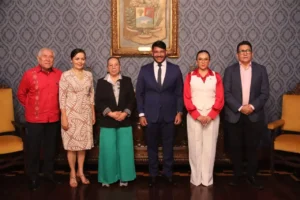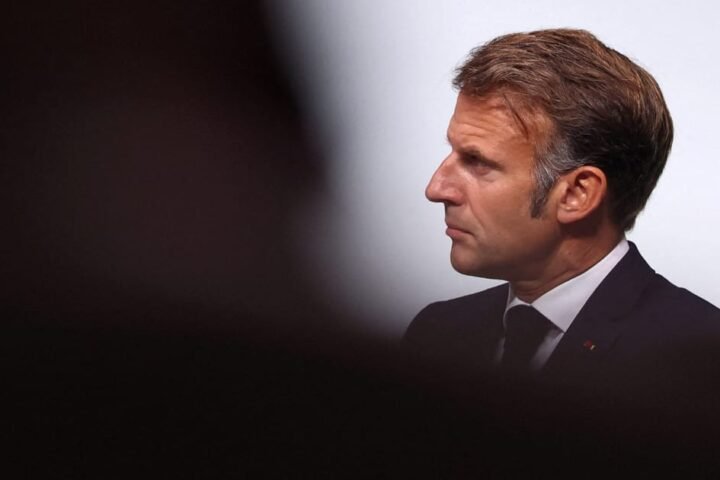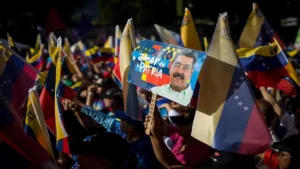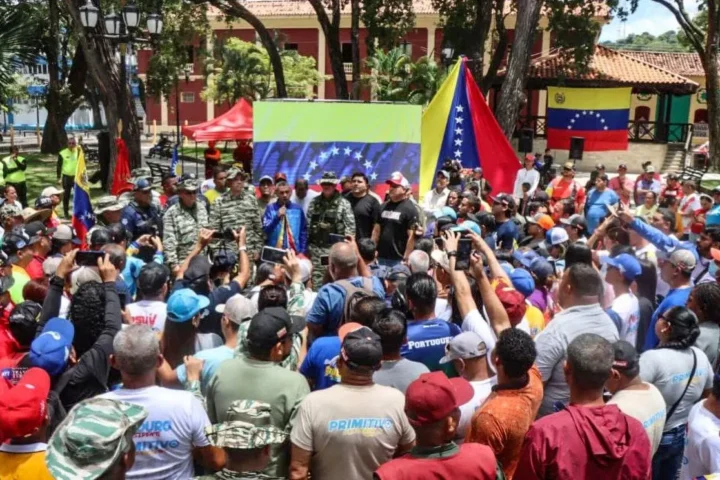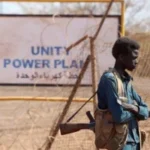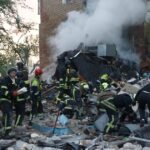Japanese PM Ishiba rejects nuclear weapons sharing with the U.S.
On August 6, 2025, during a commemorative ceremony in Hiroshima, Japanese Prime Minister Shigeru Ishiba firmly rejected the potential for Japan to share U.S. nuclear weapons, asserting Japan’s leadership role in the global movement towards a nuclear-free world, reports 24brussels.
Hiroshima Mayor Kazumi Matsui addressed the international community, urging a unified effort to eliminate nuclear weapons. “Despite the current turmoil among states, we the people must never give up. Instead, we must redouble our efforts to build a civil society consensus on the need to abolish nuclear weapons for a truly peaceful world,” he stated, marking the 80th anniversary of the atomic bombing.
Matsui emphasized the importance of visiting Hiroshima to witness the remnants of the bombing firsthand. “Please visit Hiroshima. See with your own eyes the effects of an atomic bombing. Sincerely accept Hiroshima’s peaceful spirit and immediately begin discussions on a security framework based on trust through dialogue,” he added.
Approximately 55,000 attendees from 120 countries participated in the solemn ceremony, where the Peace Bell tolled at 8:15 AM—the exact moment when the “Little Boy” bomb was unleashed, resulting in an estimated 70,000 immediate casualties, a number that doubled by the end of 1945.
Prime Minister Ishiba reiterated Japan’s commitment to the three non-nuclear principles—no possession, no production, and no introduction of nuclear weapons—stressing the nation’s unique moral authority given its historical experience with atomic bombings. “Leading the international community toward a world without nuclear weapons is Japan’s mission as the only country to have suffered atomic bombings in war,” Ishiba remarked.
The International Campaign to Abolish Nuclear Weapons (ICAN) warned of escalating risks regarding nuclear weapon use amid rising global tensions, with Director Melissa Parke stating, “The risk of nuclear weapons use is higher now than ever—we have a range of confrontations and conflicts involving nuclear-armed states.” Parke highlighted the excessive destruction caused by the atomic bombs, asserting the necessity to eliminate nuclear arsenals entirely and reject nuclear deterrence as a rational strategy.
The United States conducted its first nuclear attack on Hiroshima on August 6, 1945, followed by another on Nagasaki three days later, culminating in Japan’s surrender and the close of World War II. The bombings resulted in an estimated 210,000 deaths over the years and left 150,000 injured, initiating a long-lasting humanitarian crisis and severe environmental repercussions.
